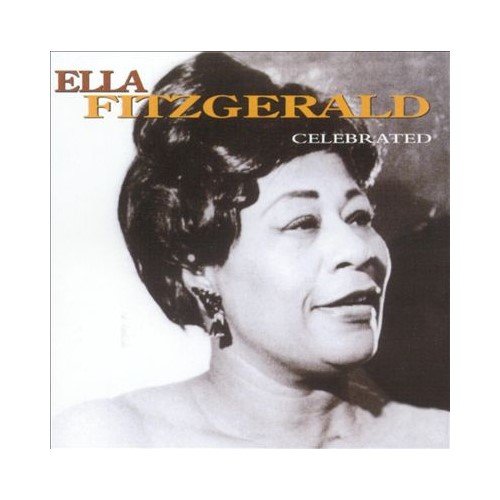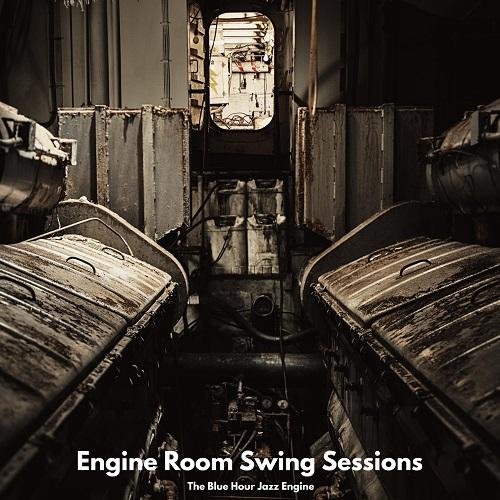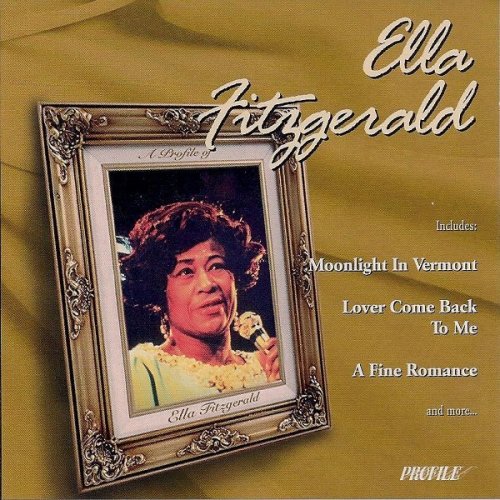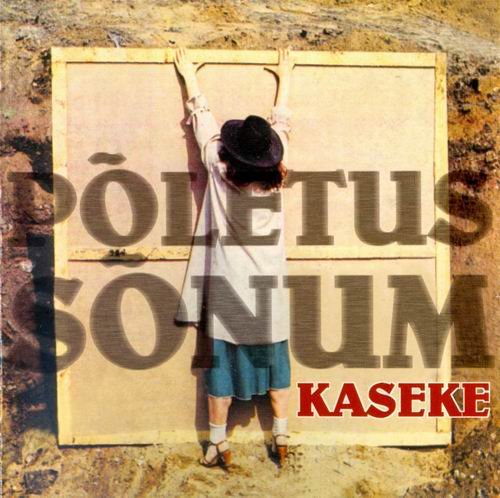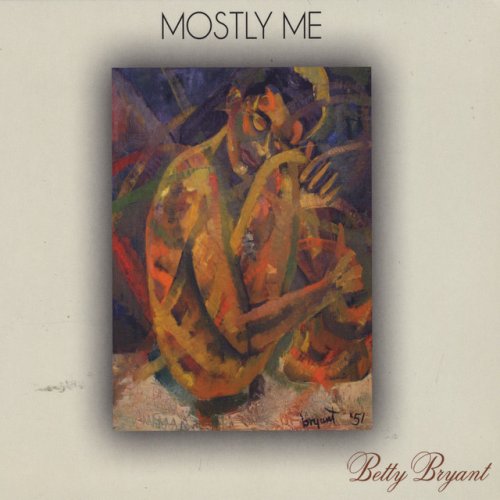The King'S Consort, Robert King - Essential Purcell (1994)
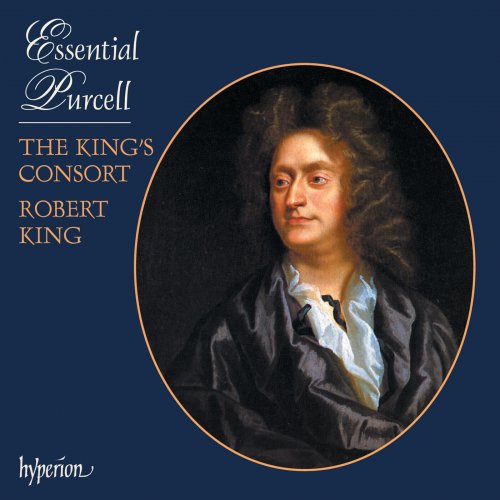
Artist: The King'S Consort, Robert King
Title: Essential Purcell
Year Of Release: 1994
Label: Hyperion
Genre: Classical
Quality: flac lossless (tracks) +Booklet
Total Time: 01:19:22
Total Size: 318 mb
WebSite: Album Preview
TracklistTitle: Essential Purcell
Year Of Release: 1994
Label: Hyperion
Genre: Classical
Quality: flac lossless (tracks) +Booklet
Total Time: 01:19:22
Total Size: 318 mb
WebSite: Album Preview
01. Welcome, Welcome, Glorious Morn, Z. 338: I-II. Symphony – Welcome, Welcome, Glorious Morn
02. Fly, Bold Rebellion, Z. 324: VII. Be Welcome Then, Great Sir, to Constant Vows
03. Oh, Fair Cedaria, Hide Those Eyes, Z. 402
04. Hear My Prayer, O Lord, Z. 15
05. Dido and Aeneas, Z. 626, Act III: When I Am Laid in Earth "Dido's Lament"
06. Let Mine Eyes Run Down with Tears, Z. 24: I-II. Let Mine Eyes Run Down with Tears – We Acknowledge, O Lord, Our Wickedness
07. From Hardy Climes and Dangerous Toils of War, Z. 325: V. The Sparrow and the Gentle Dove
08. If Music Be the Food of Love, Z. 379a
09. Rejoice in the Lord Alway "The Bell Anthem", Z. 49
10. Hosanna to the Highest, Z. 187
11. Thou Knowest, Lord, the Secrets of Our Hearts, Z. 58c
12. King Arthur, Z. 628, Act V: Fairest Isle, All Isles Excelling
13. Raise, Raise the Voice, Z. 334: IV. Mark How Readily Each Pliant String
14. Come Ye Sons of Art, Away, Z. 323: III. Sound the Trumpet
15. She Loves and She Confesses Too, Z. 413
16. Why, Why Are All the Muses Mute?, Z. 343: IX. O How Blest Is the Isle to Which Caesar Is Given
17. Remember Not, Lord, Our Offences, Z. 50
18. Now That the Sun Hath Veiled His Light "An Evening Hymn", Z. 193
19. Te Deum & Jubilate, Z. 232: Te Deum: e. Vouchsafe, O Lord, to Keep Us This Day Without Sin (Excerpt)
20. Hail! Bright Cecilia, Z. 328 "Ode for St Cecilia's Day": XIII. Chorus. With Rapture of Delight Dost See – Hail! Bright Cecilia, Hail to Thee!
Raised amidst the veritable explosion of culture that greeted the Restoration of the British monarchy in 1660, Henry Purcell stands as a colossus in English music. Hugely prolific, he wrote with equal skill and imagination for the church, t he court, the theatre, for his royal patrons and for small domestic forces: he produced over a hundred anthems, services and devotional songs of amazing originality, twenty-four magnificent Odes and Welcome Songs, an opera and four semi-operas, incidental music to over forty plays, more than a hundred secular songs and duets, over forty pieces of brilliantly inventive instrumental chamber music and more besides.
Purcell lived all his life in London; the capital was busy, dirty, crowded, unpredictable but always buzzing. As a child he lived through the plague and the Great Fire of London; tragedy struck at the age of only five when his father died. The young Purcell learned his musical craft as a boy chorister at the Chapel Royal; when his voice broke (at the unusually early age of fourteen) he was apprenticed to the keeper of the royal instruments. His extraordinary talents must have been evident, for his first official Court appointments came whilst he was still in his teens. He became organist of Westminster Abbey at the age of only nineteen and additionally became one of the organists at the Chapel Royal. He served in the colourful court of Charles II, writing and performing vast amounts for his royal employer; he also witnessed the lascivious behaviour and wanton excess that gave such excellent fodder to contemporary diarists. He watched as the far less likeable King James dug his own political grave and looked on as the Glorious Revolution brought William and Mary to the throne. And all the time he composed. As opportunities for court musicians waned, Purcell turned his attention to the world of the theatre; he was London’s busiest and most sought-after composer, adored and revered by his contemporaries.
The variety, originality and sheer craftsmanship of Purcell’s work is astonishing. He was a consummate setter of words under whose skill even the most hackneyed piece of English doggerel could leap into sparkling life. His writing for instruments is breathtaking. Hyperion and The King’s Consort have long championed Purcell’s music, recording three trail-blazing series of ‘Complete Purcell’—the odes and welcome songs, the secular solo songs and the church music. Choosing music from these twenty-five albums—some thirty hours’ listening—to fill just 79 minutes means that we can present twenty musical jewels of magnificent richness, but have had to leave out many more.
Purcell’s wonderful, daring music stands not just amongst the greatest of the whole baroque era, but alongside that of the true geniuses of all musical history. It was not without justification that his contemporary Thomas Tudway asserted that Purcell, ‘was confessedly the Greatest Genius we ever had’.
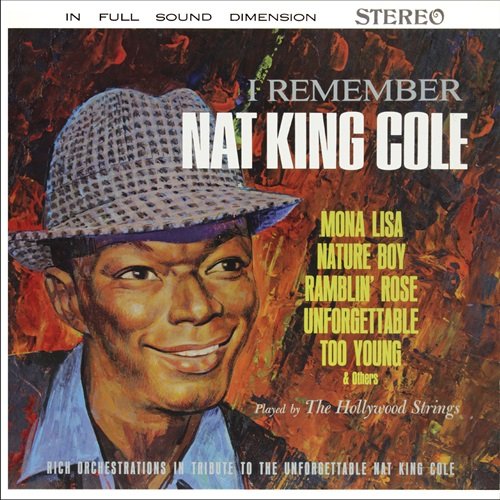
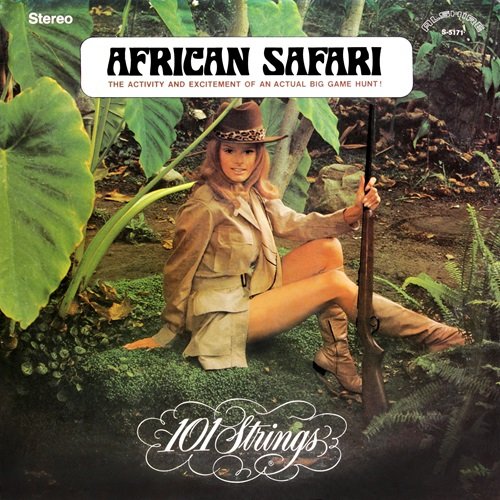
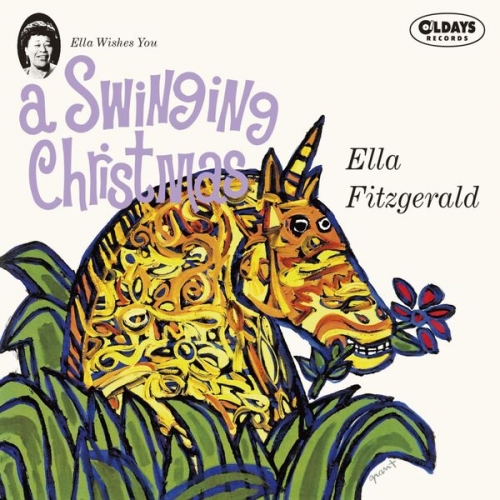
![DJ Harrison - ElectroSoul (2026) [Hi-Res] DJ Harrison - ElectroSoul (2026) [Hi-Res]](https://www.dibpic.com/uploads/posts/2026-01/1769008544_ivamsuaz889ub_600.jpg)
